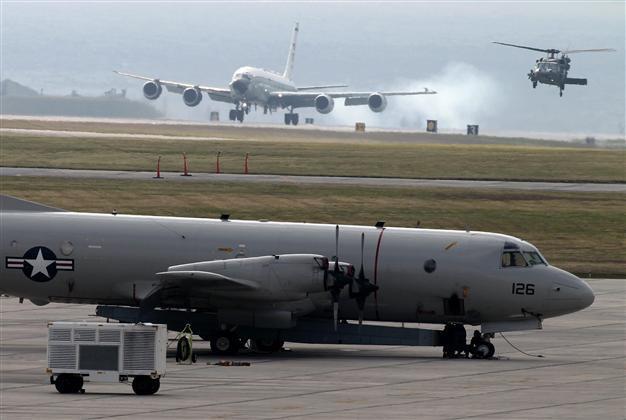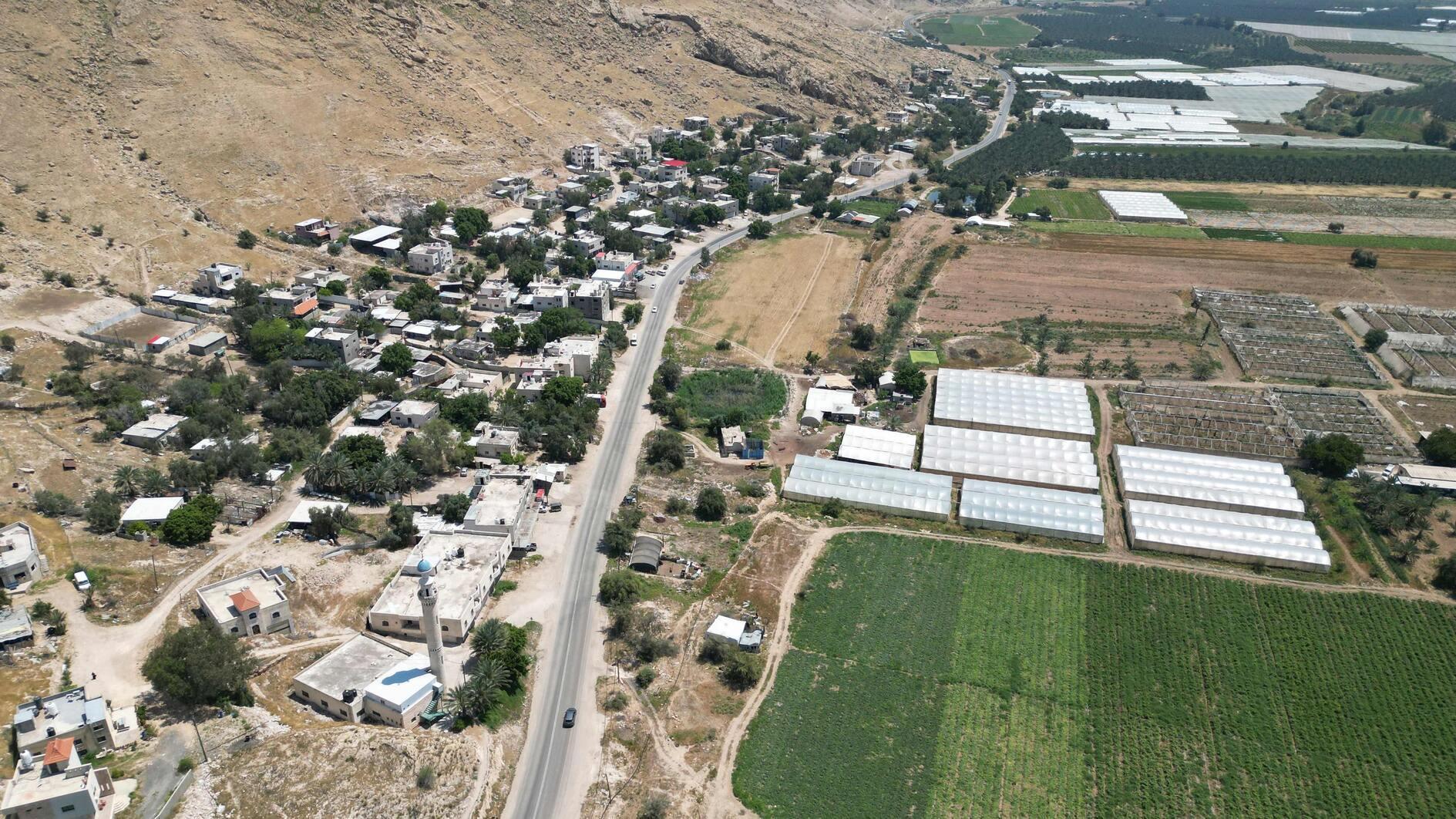NATO condemns 'provocative' North Korea rocket launch
SEOUL/MOSCOW - Agence France-Presse

Despite international objections, North Korea proceeded with the launch of a long-range ballistic missile. According to information by the Japanese government, the missile flew over Okinawa Prefecture at 10:01 am Japan time. Two RC-135S Cobra Ball surveillance aircraft were dispatched to track the rocket. EPA/HITOSHI MAESHIRO
NATO chief Anders Fogh Rasmussen said Wednesday he strongly condemned North Korea's rocket launch and called on the regime to respect its international obligations."This provocative act exacerbates tensions in the region and risks further destabilising the Korean peninsula," he said in a statement.
"NATO continues to call on the North Korean authorities to fulfill their obligations under international law, to comply fully with the will of the international community as expressed by the United Nations Security Council and the moratorium on missile launches." North Korea fired a long-range rocket on Wednesday, just days before the first anniversary of its former ruler's death in a launch which has magnified the threat posed by the nuclear-armed state.
Iran congratulates North Korea on rocket launch
Iran congratulated North Korea on Wednesday for its "successful" launch of a long-range rocket, an incident which provoked global condemnation, and denied having a role in preparing the launch.
Tehran "congratulates the people and the government" of North Korea on "the successful launching of the satellite-carrying rocket," Iran's armed forces deputy chief, Brigadier General Masoud Jazayeri, told the Fars news agency.
"Dominant powers, like the United States, cannot halt the progress of independent states, who through resistance can quickly tread the path of scientific and technological self-reliance," he said.
N. Korea hails 'ground-breaking' rocket launch
North Korea hailed its successful long-range rocket launch Wednesday as a "ground-breaking" event that paid tribute to former leader Kim Jong-Il a year after his death.
"The successful launch... is a ground-breaking event in developing the country's scientific technologies and economy by exercising our rights for the peaceful use of space," the Korean Central News Agency (KCNA) said.
"Our technicians and scientists successfully sent the... satellite into orbit by holding the teachings of the great leader Kim Jong-Il in high esteem," it added.
KCNA put the timing of the launch from the Sohae launch centre in the northwest at 9:49 am (0049 GMT) -- two minutes earlier than the time provided by the South Korean military.
The satellite entered orbit about nine minutes later, it said.
"Now the satellite is rotating at the orbit, moving between 499.7 and 584.18 kilometres above the Earth," it said, lauding scientists for helping mark the 100th birth anniversary the North's founding leader Kim Il-Sung. The nuclear-armed state insisted that the launch was a purely peaceful scientific project.
But the United States and allies South Korea and Japan view it as a disguised ballistic missile test banned under the UN resolutions triggered by its nuclear tests in 2006 and 2009. The North's young leader, Kim Jong-Un, was believed to be extremely keen that the launch fell close to the first anniversary of the death of his father Kim Jong-Il on December 17.
Russia 'deeply regrets' North Korea rocket launch
Russia on Wednesday said it deeply regretted North Korea's long-range rocket launch, and warned it would do nothing to help regional stability.
"Russia deeply regrets the new rocket launch undertaken by North Korea in defiance of international opinion, including calls by Moscow," the foreign ministry said in a statement.
The launch would "not help the strengthening of stability and would have a negative effect" on the situation in the region, it added.
Russia said it was "unacceptable" that the launch flew in the face of UN Security Council resolution 1874 that bans North Korea from the use of ballistic missile technology in rocket launches.
It called on North Korea to refrain from any new steps that would contradict UN Security Council resolutions but also urged "other sides" not to take actions that could further raise tensions. Earlier Wednesday, North Korea fired a long-range rocket, just days before the first anniversary of its former ruler's death.
Pyongyang insisted the mission was not a banned intercontinental missile test but was designed to place a scientific satellite in orbit, and said it had achieved all its objectives.
The Russian defence ministry said that trajectory of the rocket had not taken it over Russian territory.
"Experts are now looking at data to determine whether a new satellite is in orbit," the spokesman of the defence ministry's airspaces forces Alexei Zolotukhin told Interfax.
















